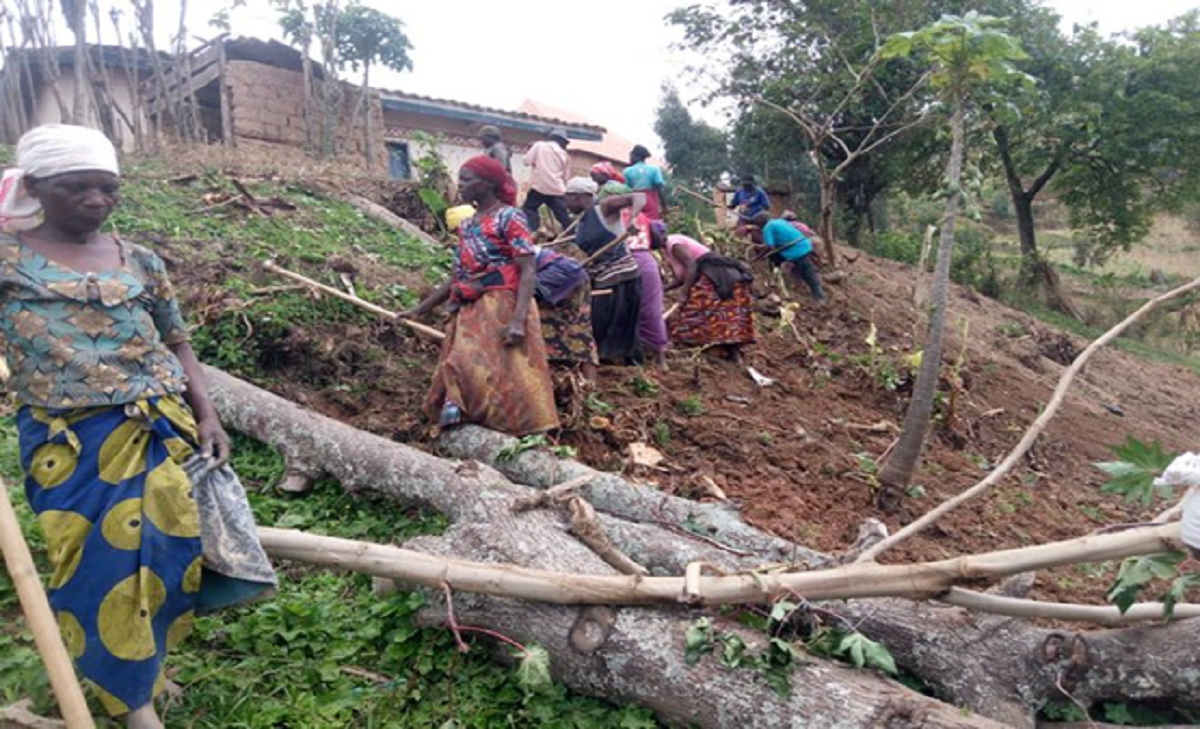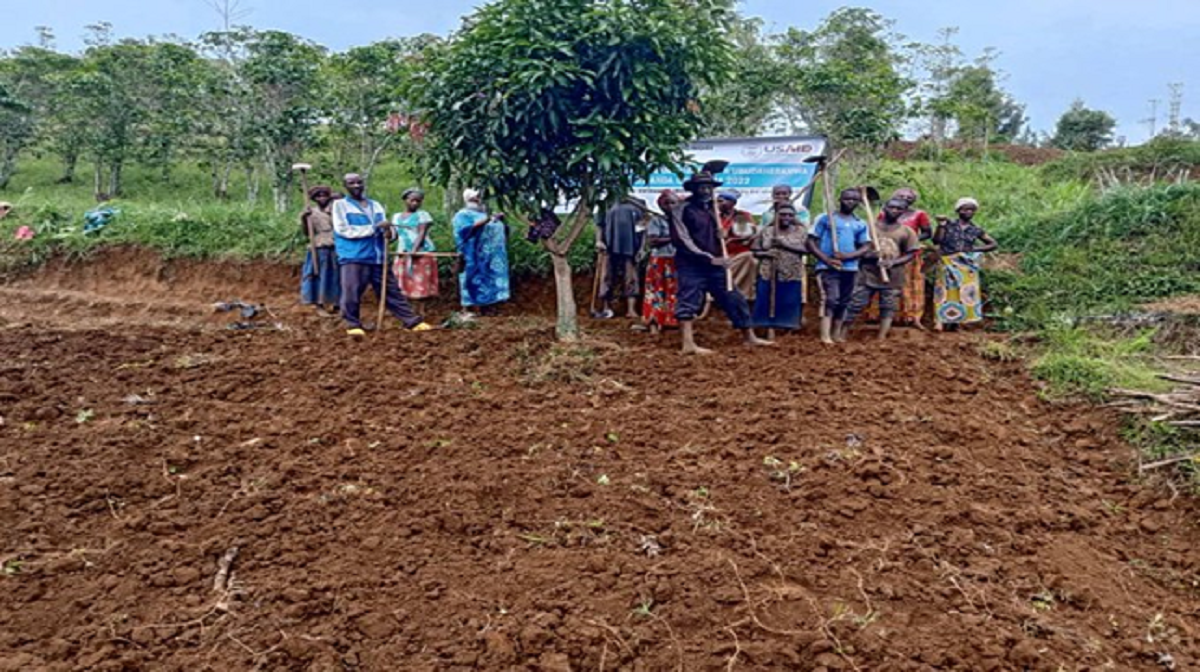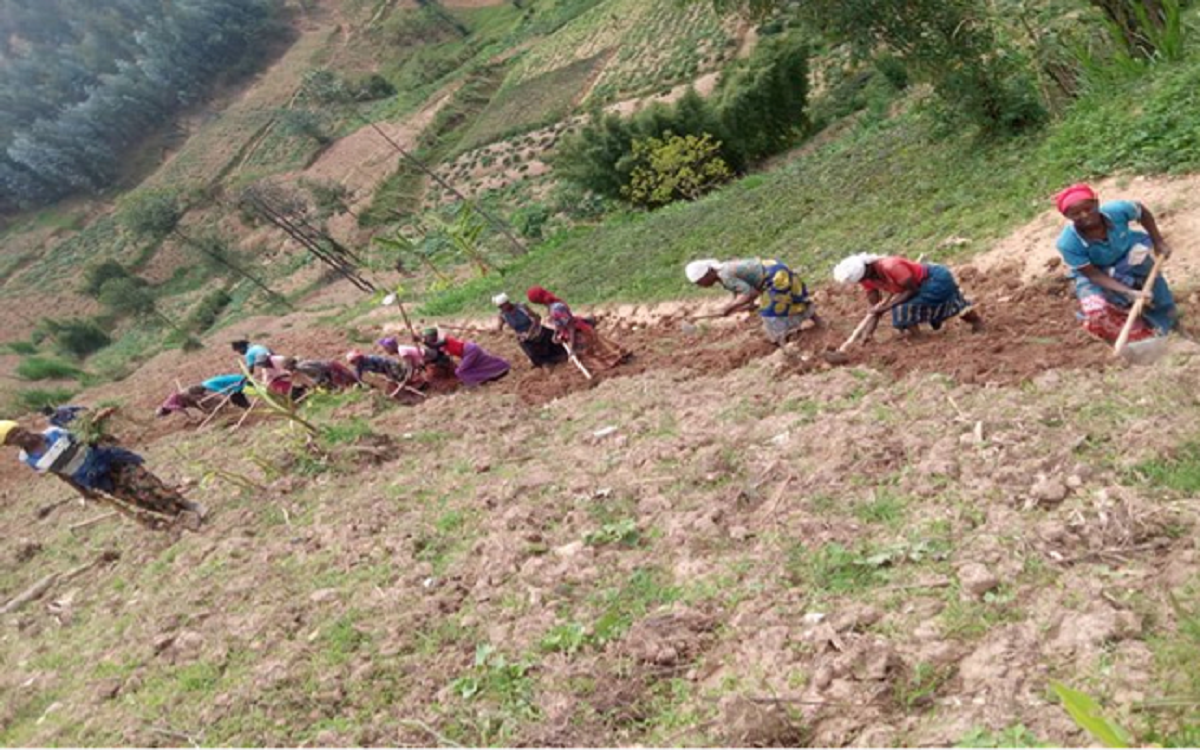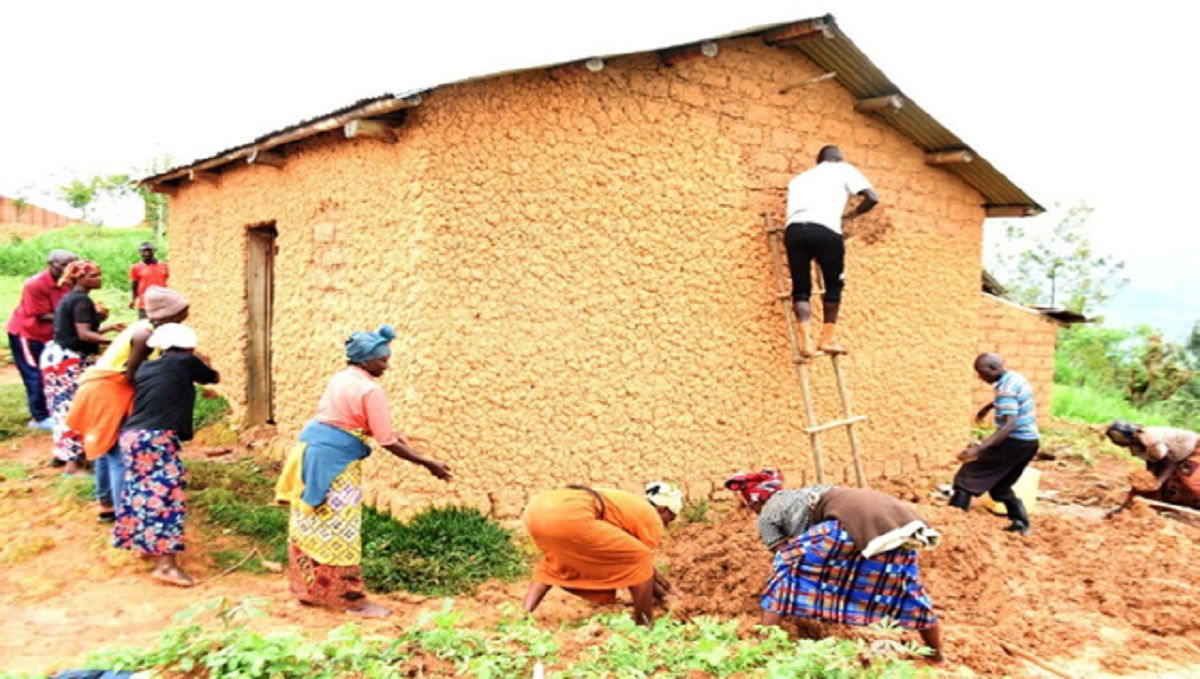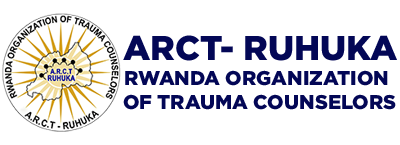ARCT-RUHUKA operates country wide under four major interdependent and complementary programs:
The Training, Counseling and Clinical supervision, Information Education and Communication /Advocacy.
This program aims at increasing quantity, improving quality capacities and competencies of Technical interveners (Counselors and Community Psychosocial Workers). The program imparts appropriate knowledge and skills as well as the standards of professional Counselors and Community Psychosocial Workers (CPWs) and continuous development trainings. The program also provide trainings to other institutions on requests.
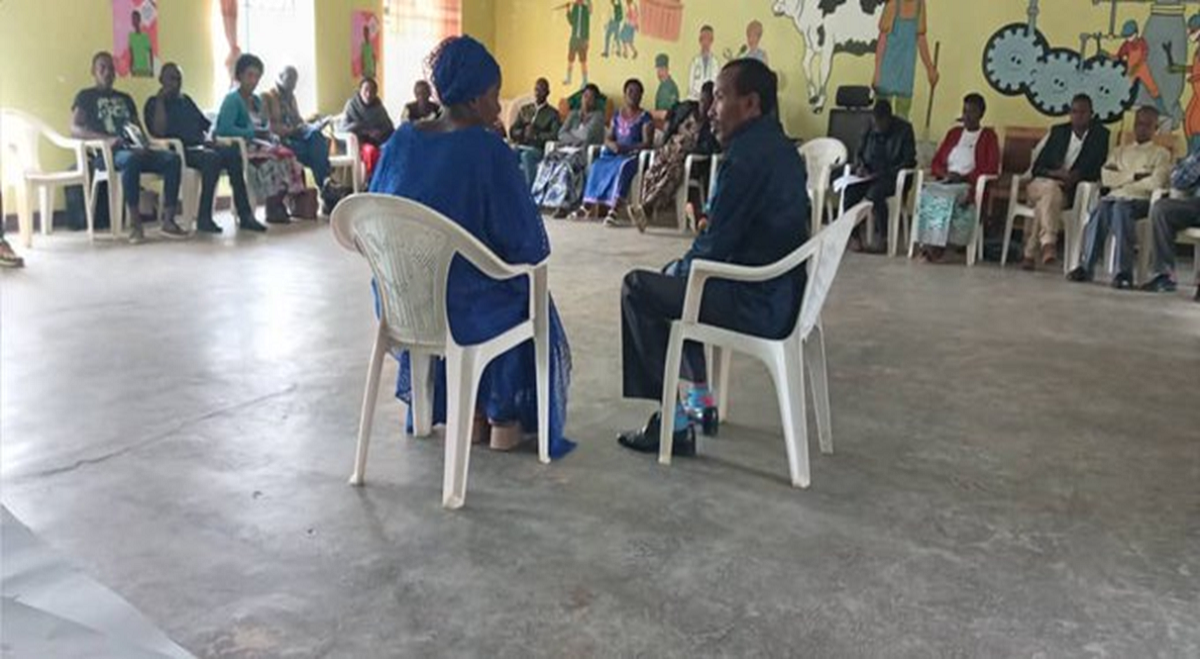
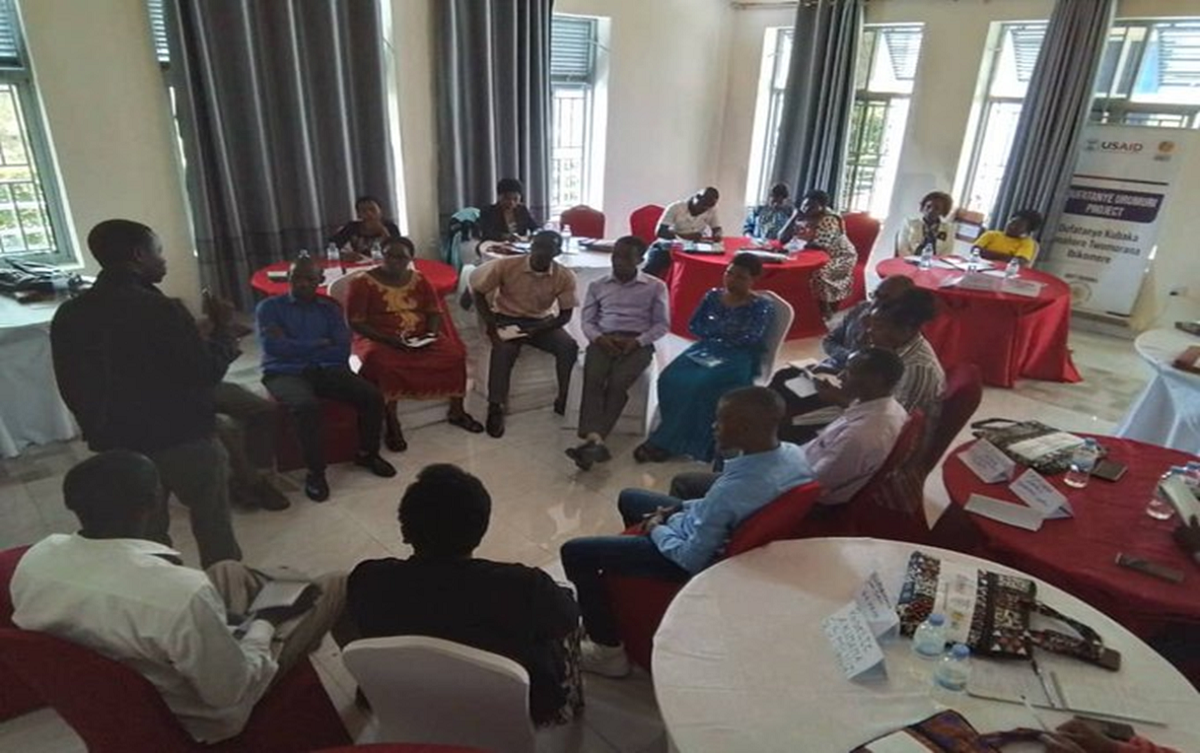
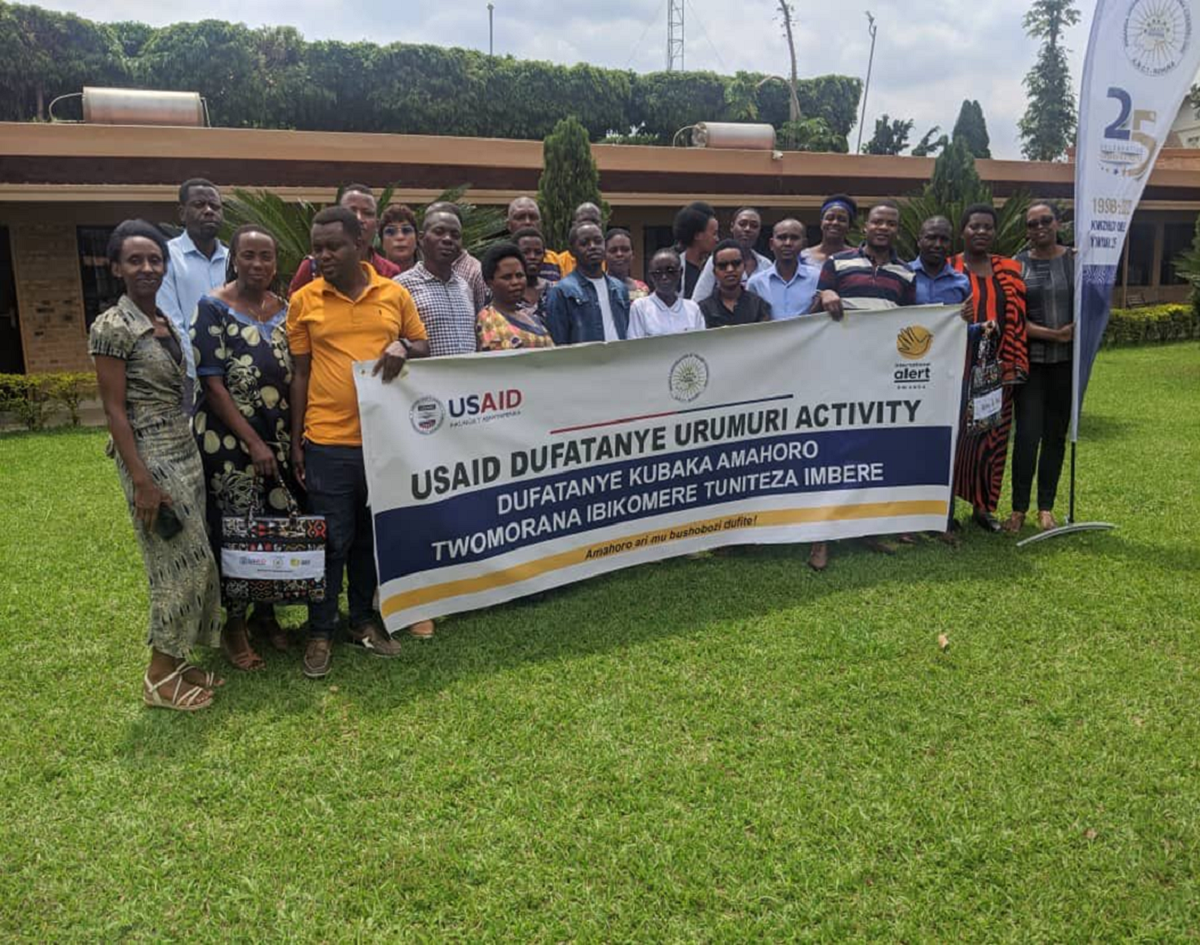
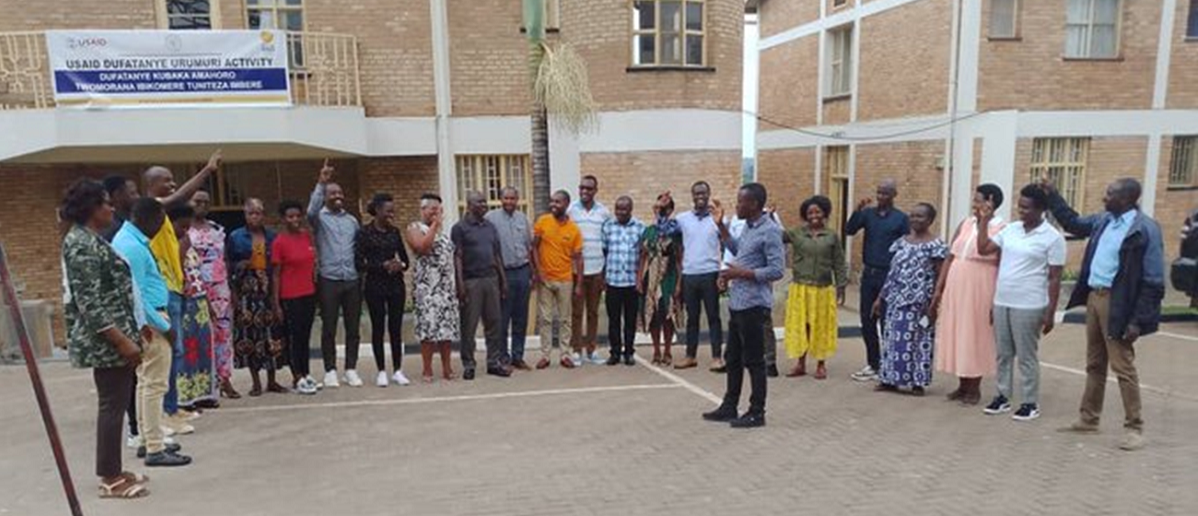
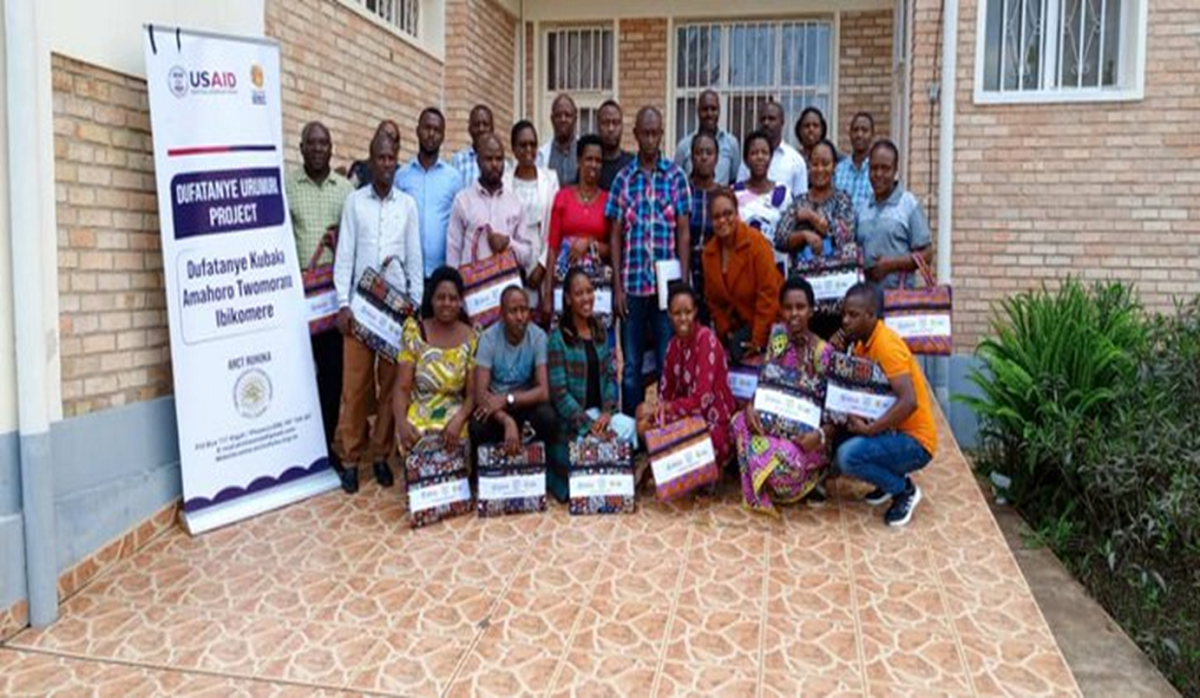
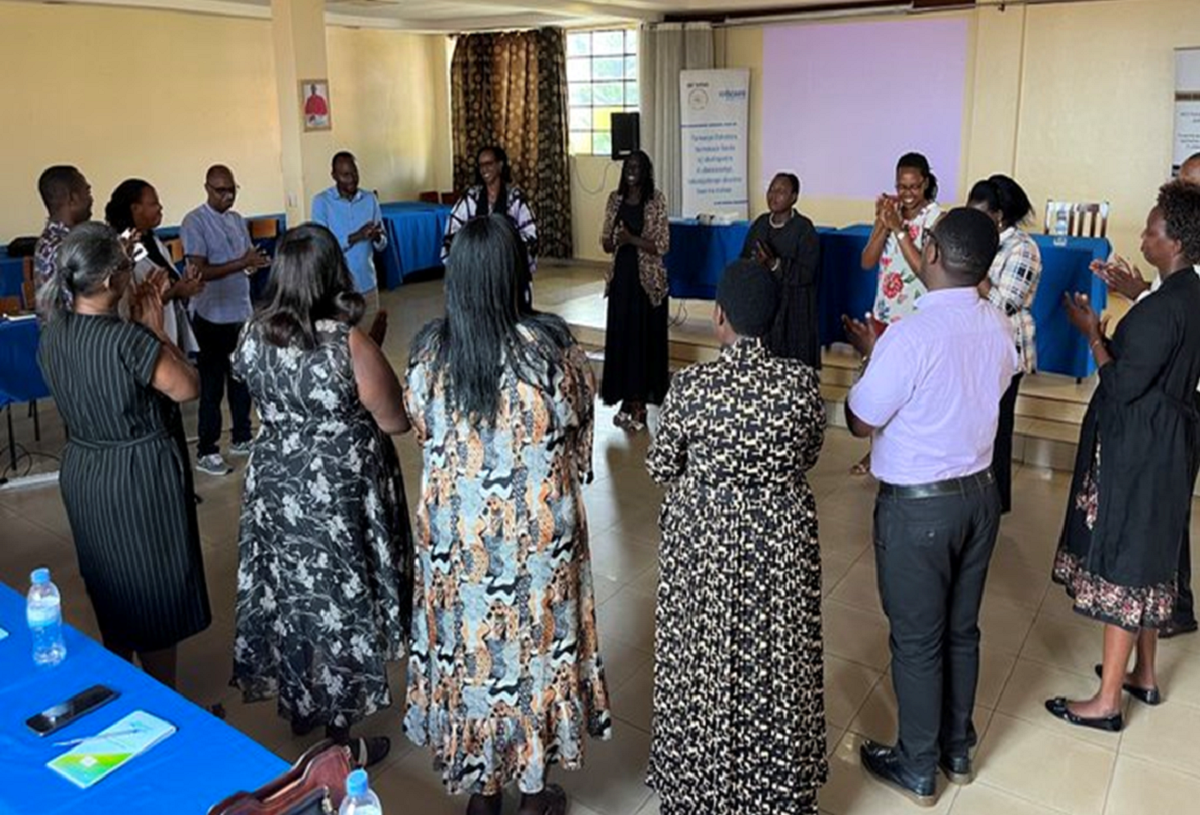
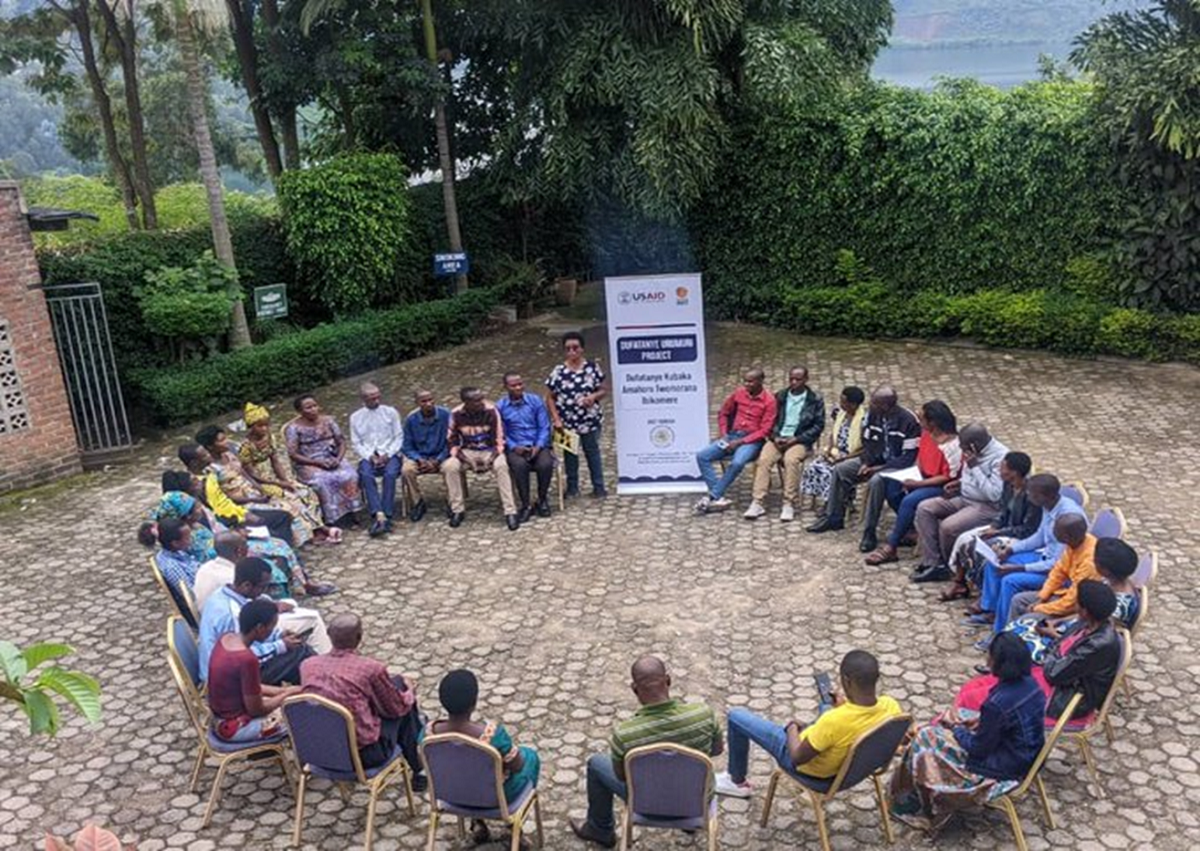
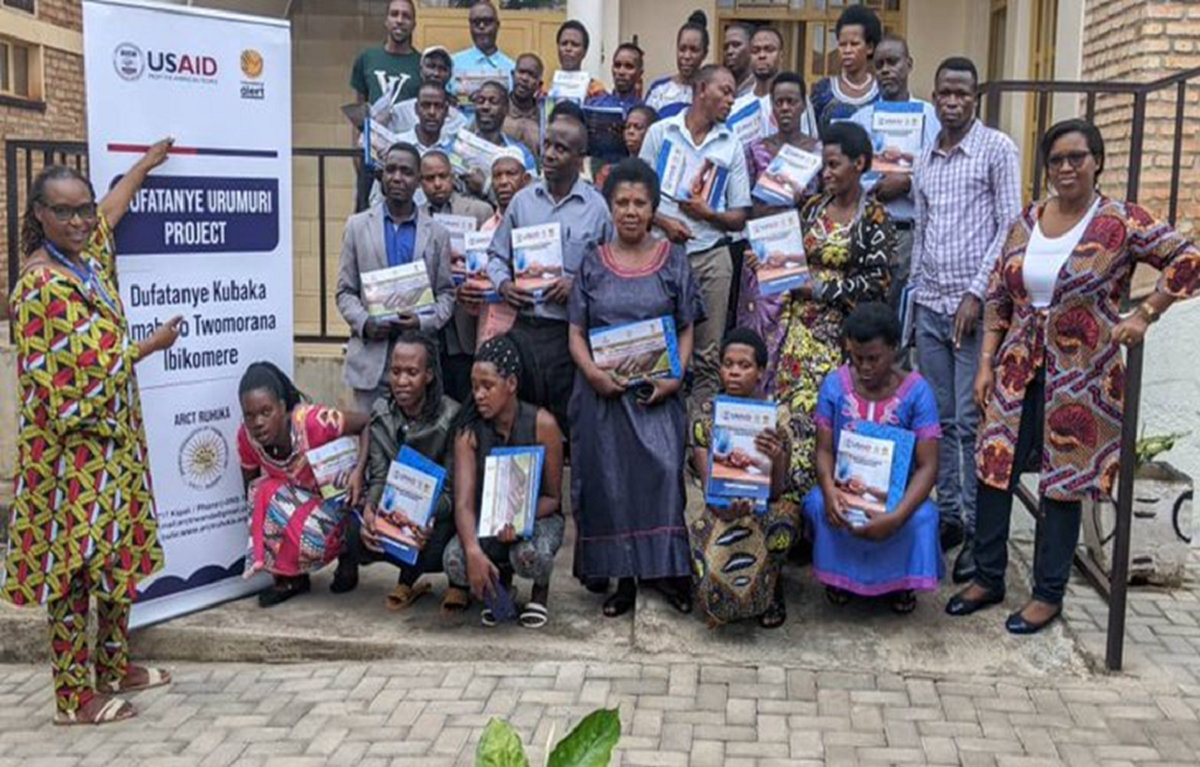
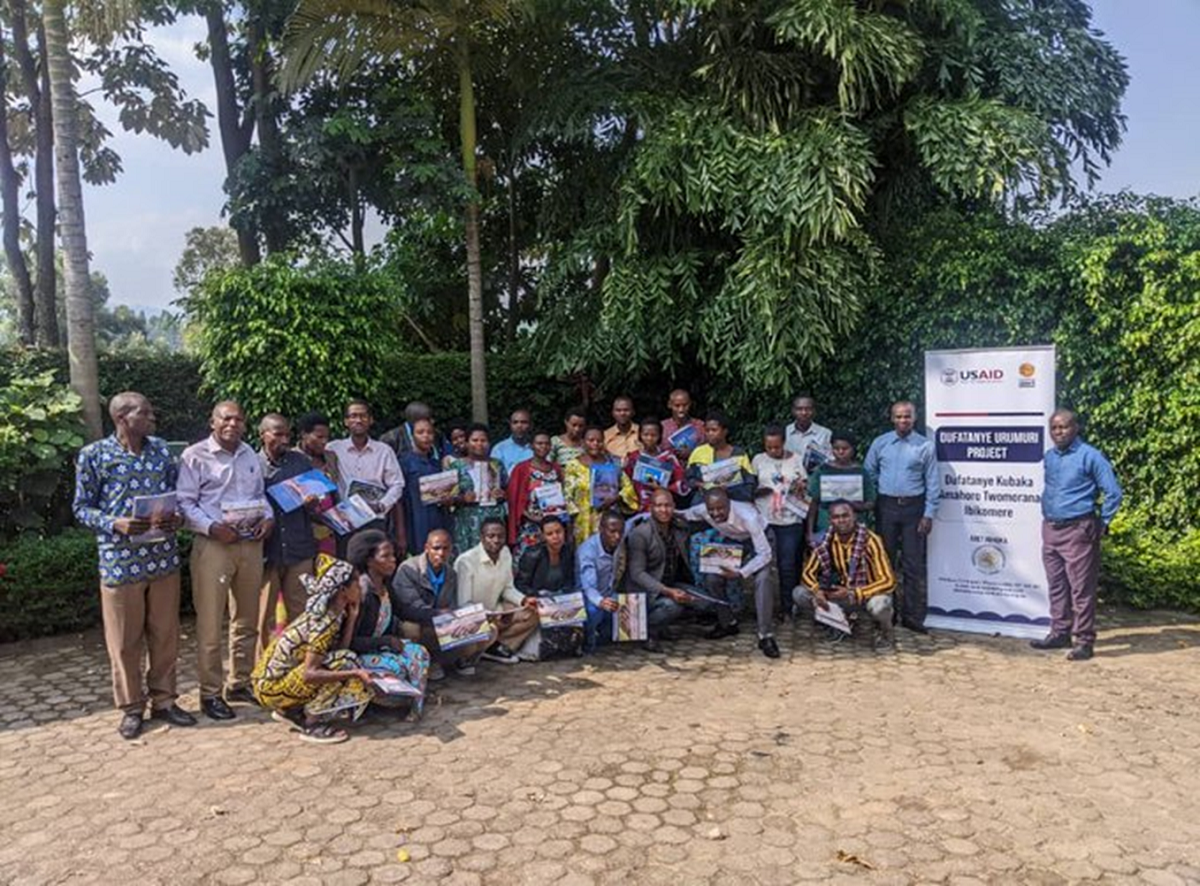
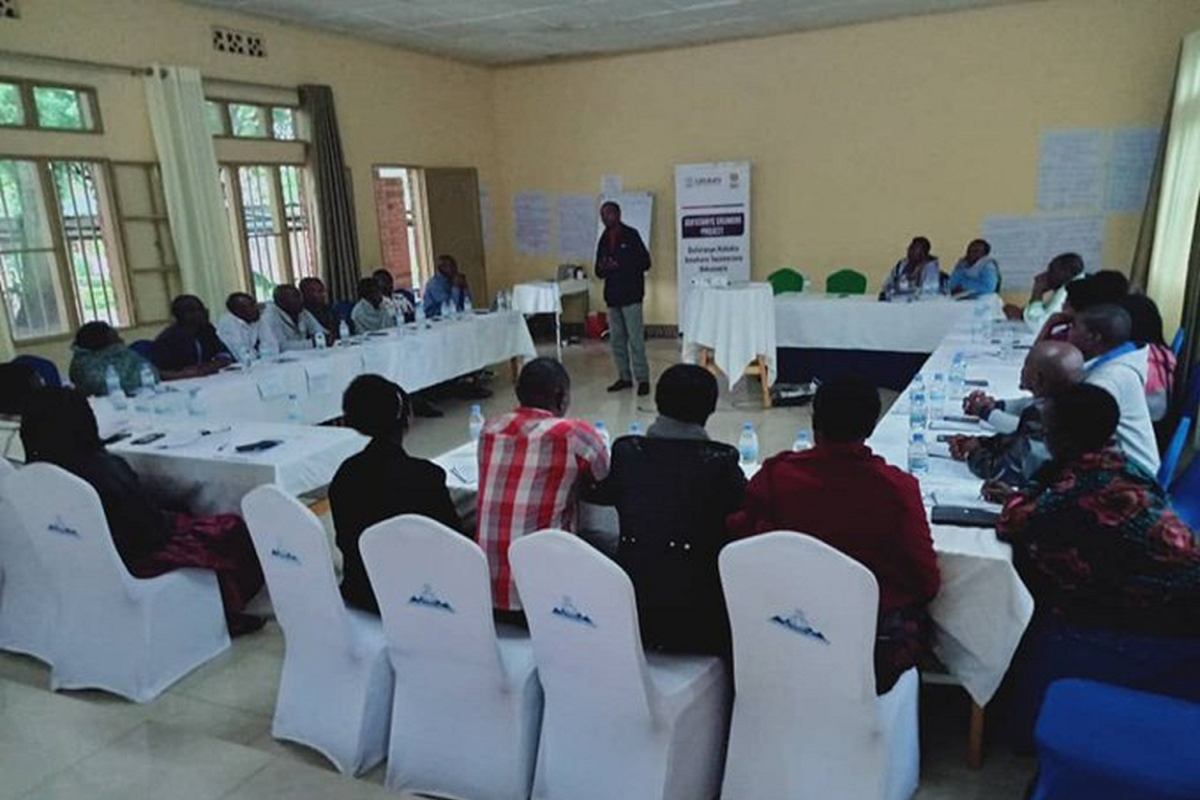
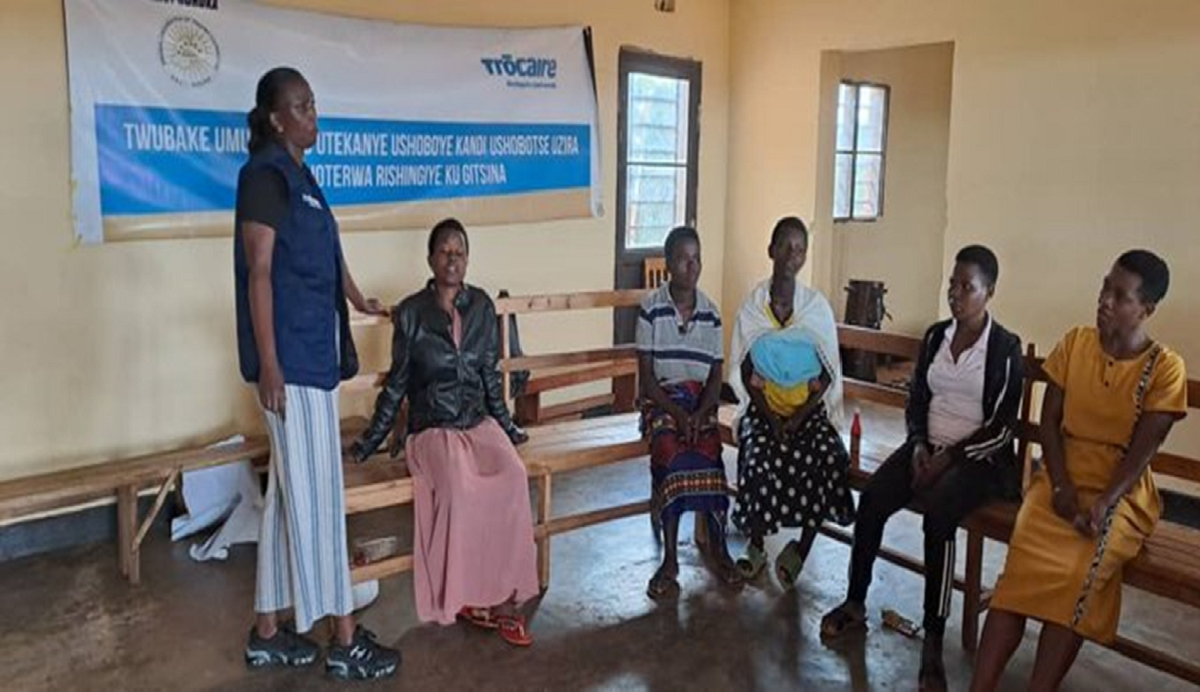
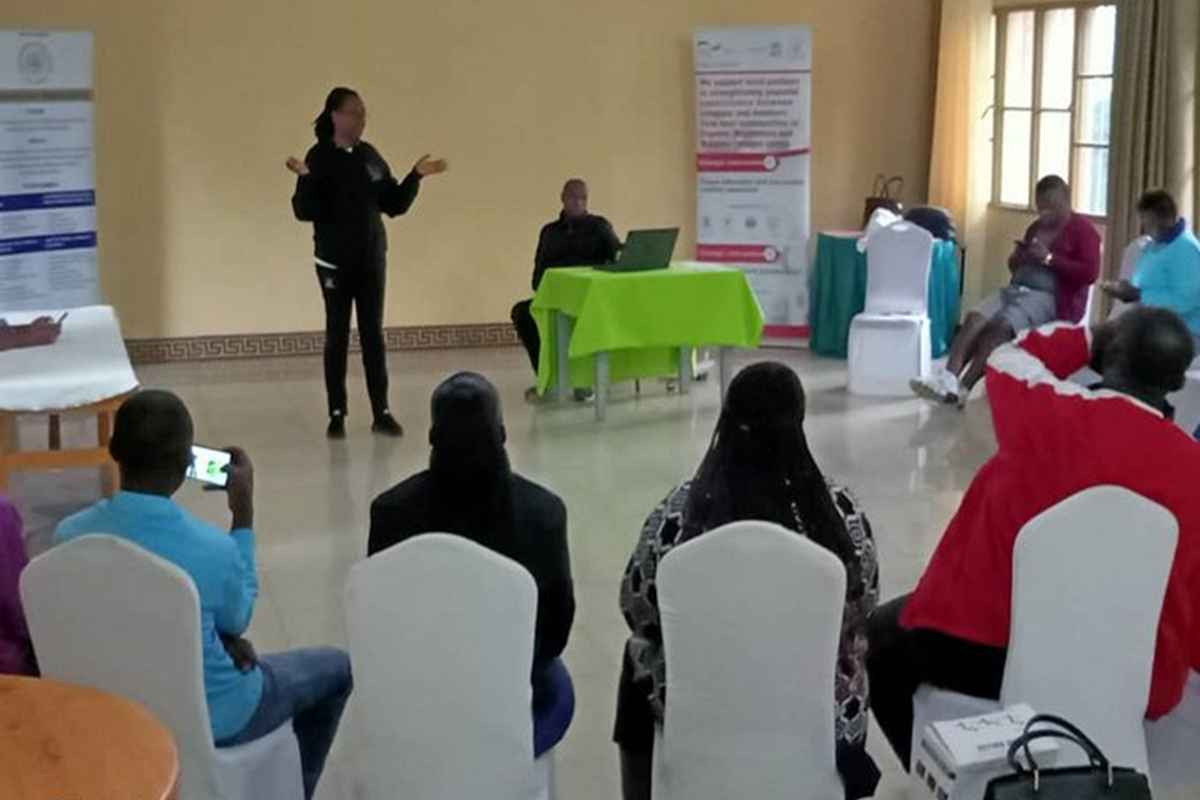
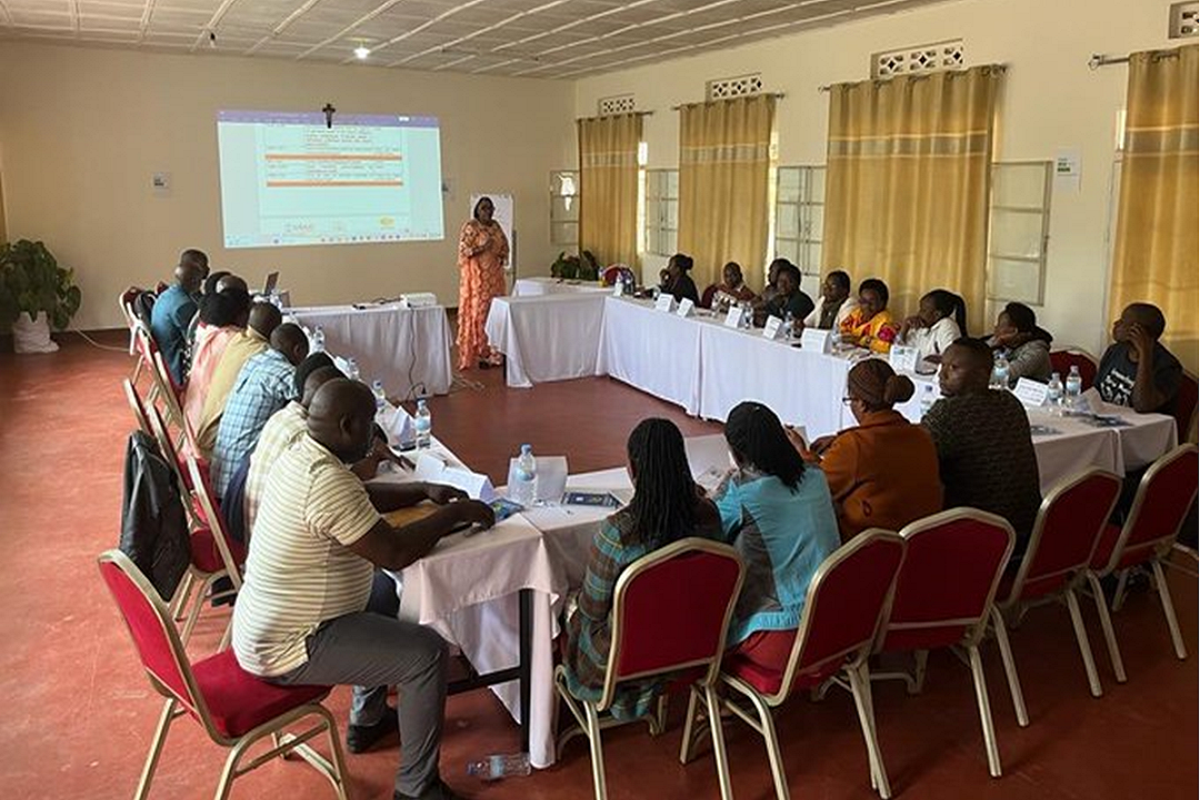
The program ensures and maintain provision of quality counseling at all levels by offering tailored quality and professional counseling services to individual, couples, families, groups and crisis intervention (in cases of disasters and accidents) both at national and provincial levels. Maintaining professional ethics and standards of practicing counselors and Community Psycho-social Workers in the field, through organized regular Clinical supervision support.
ARCT – Ruhuka also organize and facilitate retreats for personal and team development workshops , Stress management and team building for institutions and any groups of people on request through our Employee Assistance Program (EAP).
The program ensures provision of quality counseling at all levels by:
- Offering permanent, quality and professional counseling services to individual, couples, families and groups.
- Organize and facilitate retreats for healing and personal development, Stress management and team building for institutions and any groups of people on request.
- Avail and coordinate crisis intervention teams for prevention and response during national commemoration of Genocide against Tutsi and post disaster traumas both at national and district levels.
- Maintaining professional ethics and standards through organized regular clinical supervision support of counselors, psycho-social community workers and other targeted group related to this field.
- Re-enforce technical skills of Professional Counselors and Community Psychosocial Workers (CPWs) either at schools or at the community.









This is a supporting program that helps the organization to acquire appropriate mechanisms for sensitization to raise population awareness on psychological trauma, other mental health issues and advocating for the victims. Developing and conducting research, documentation and communication mechanisms and sharing information on trauma and organization activities.
This is a supporting program that helps the organization to:
- Acquire appropriate mechanisms for sensitization to raise population awareness on psychological trauma, other mental health issues and advocating for the victims.
- Developing and conducting research, documentation and communication mechanisms and sharing information on trauma and organization activities.
- Advocating for mental health and Psychosocial support (MHPSS) issues
- Awareness on role of mental health and social cohesion and resilience building
















The program that aims at ensuring proper mechanisms and strategies for coordination of activities within the organization and strengthening partnerships.
• Putting in place mechanisms and efficient tools for mobilization and management of organization resources.
• Putting in place Monitoring and Evaluation tools and evidence based data
• Strengthening the quality and competencies of members and staff in specific areas.
• Building capacities of young institutions that work on psychosocial issues.
• Developing mechanisms for sustainability and creating better strategic partnerships with internal and external actors.
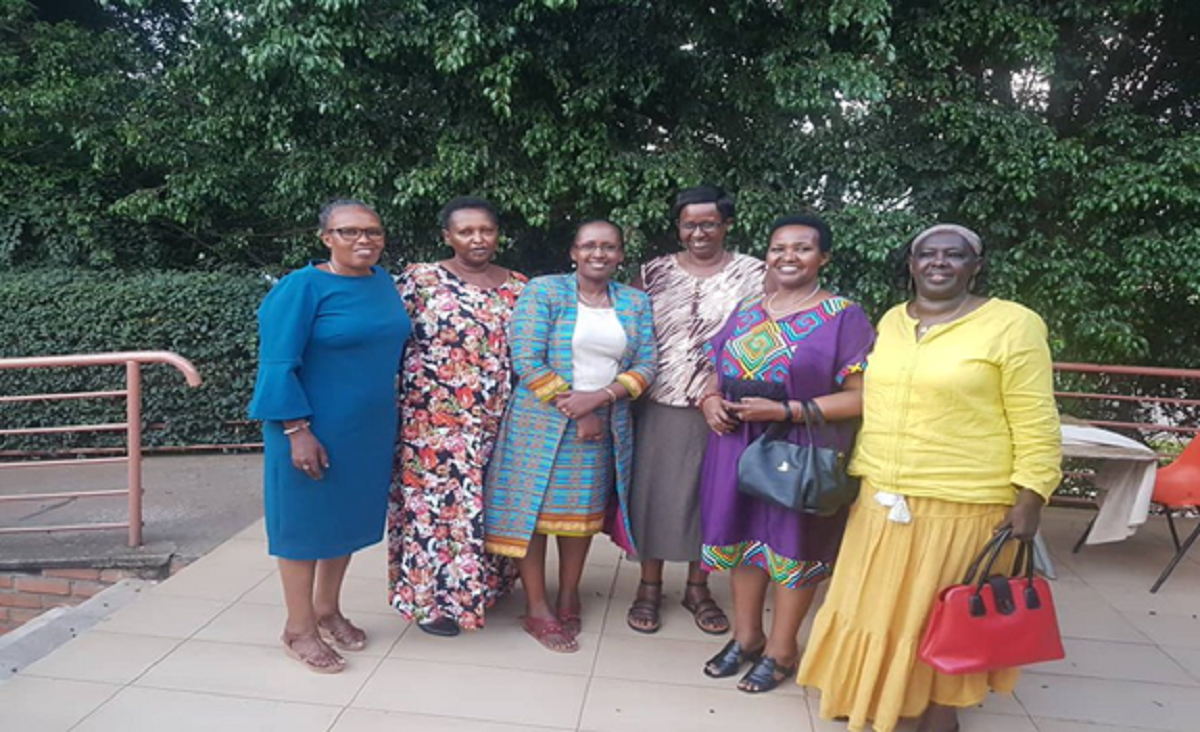
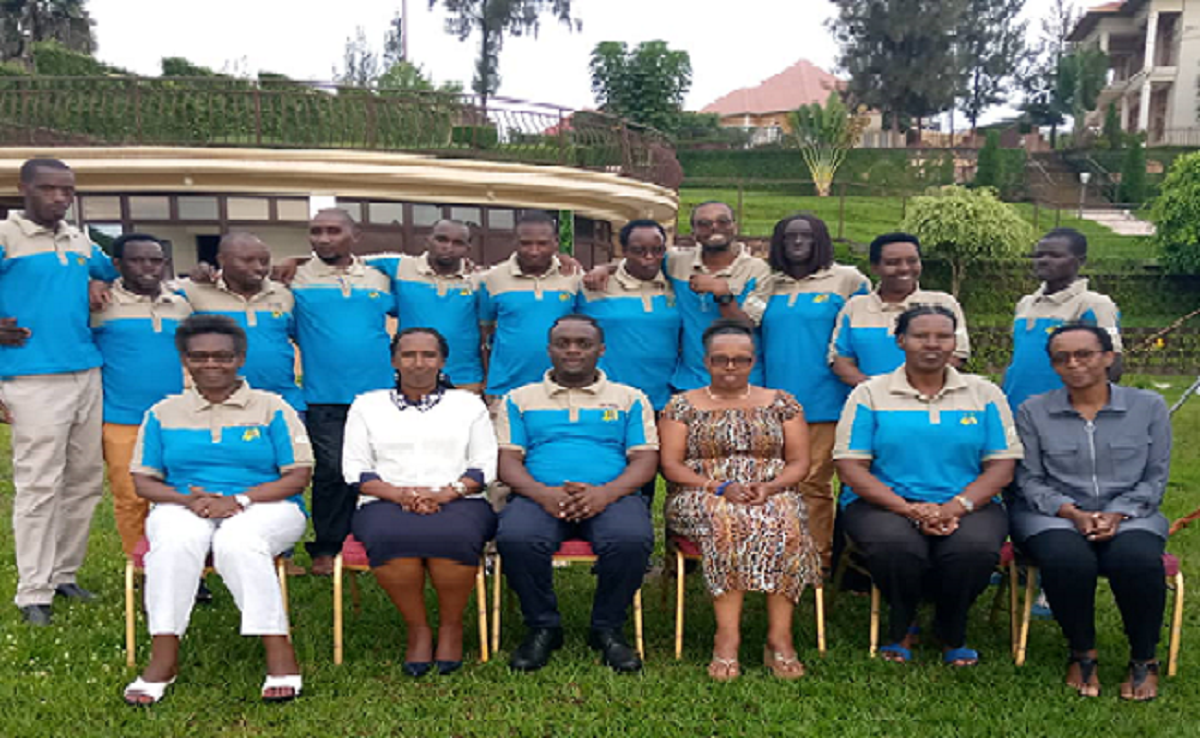
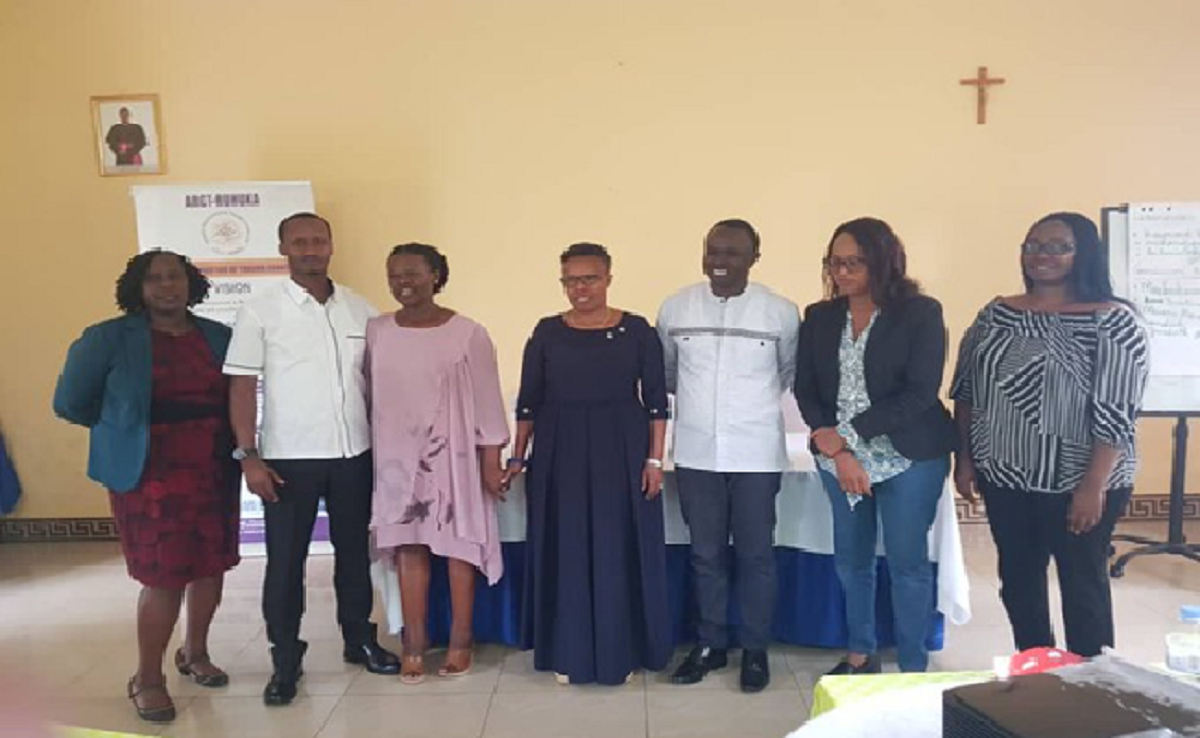
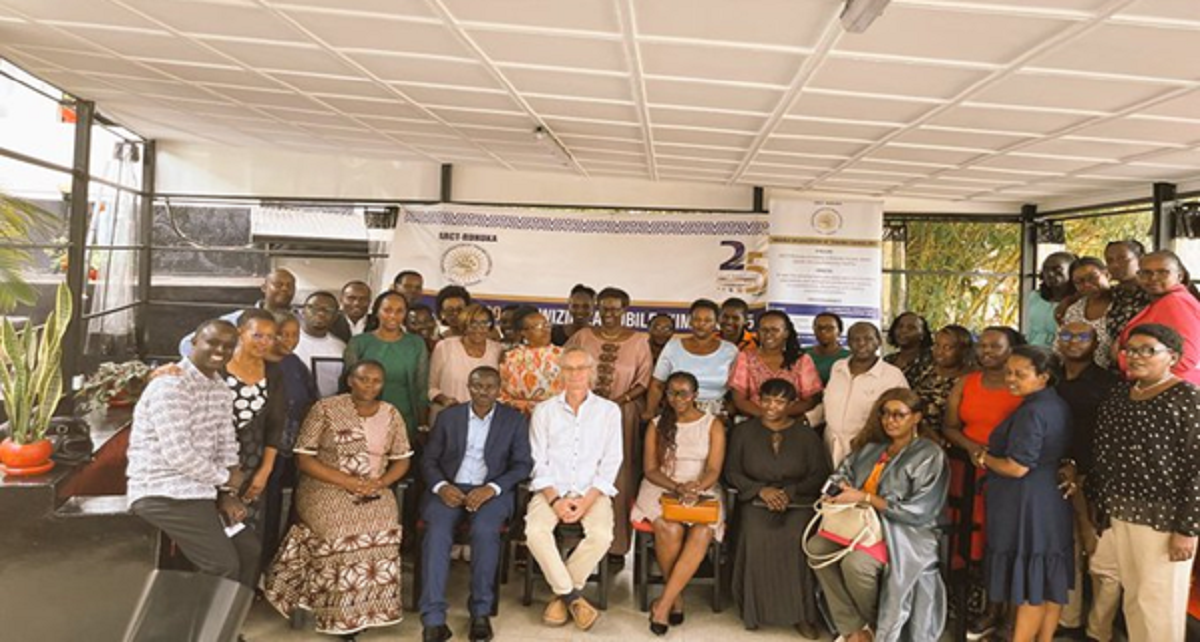
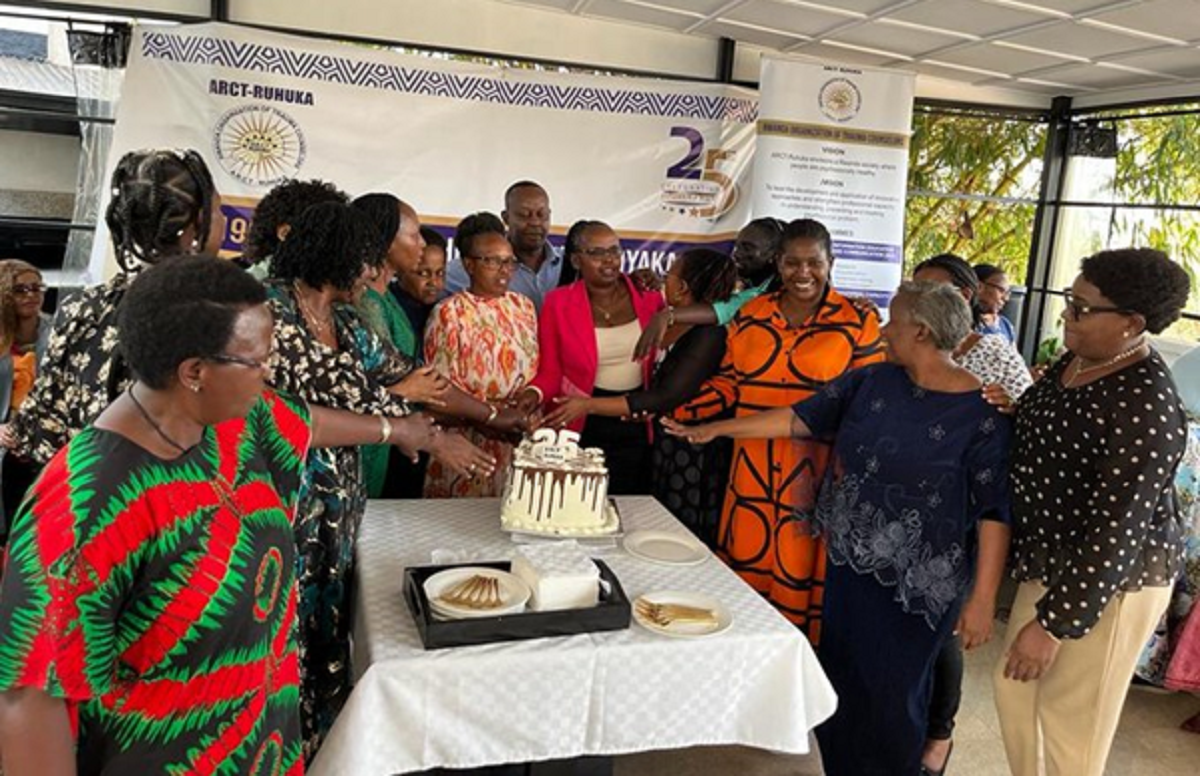
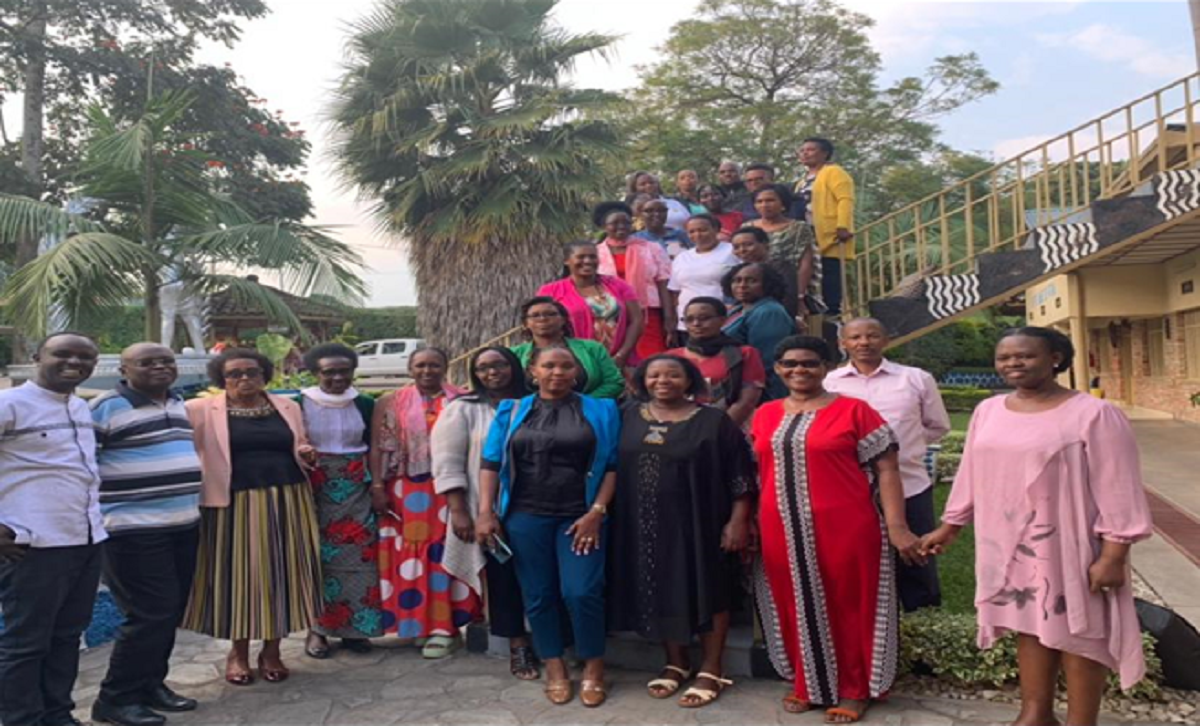
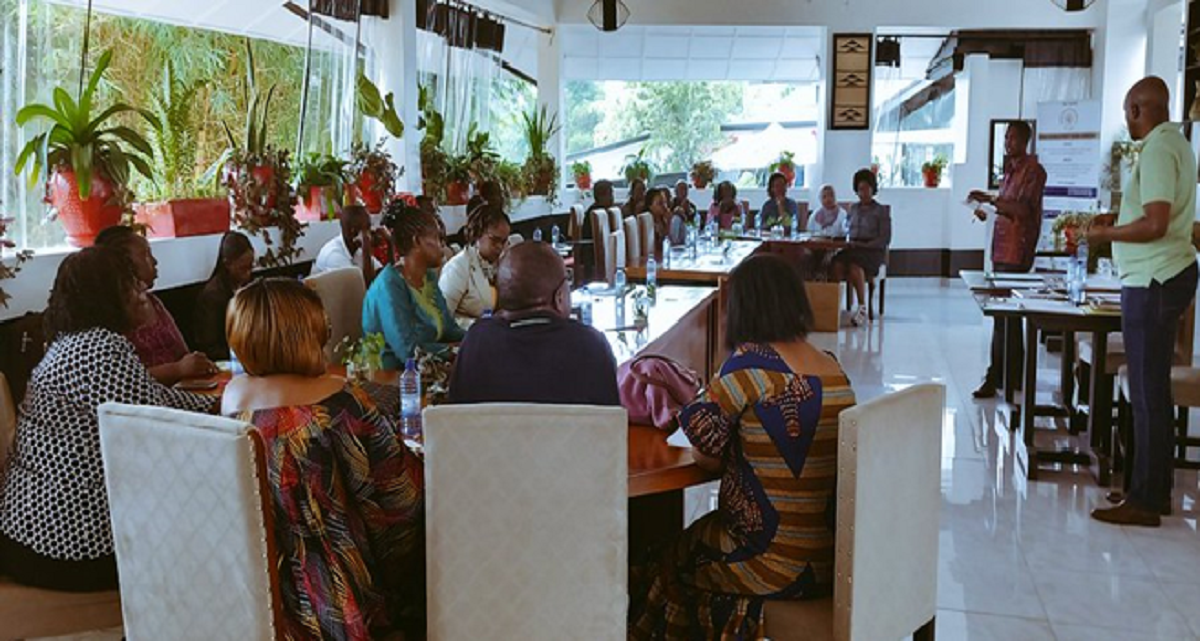
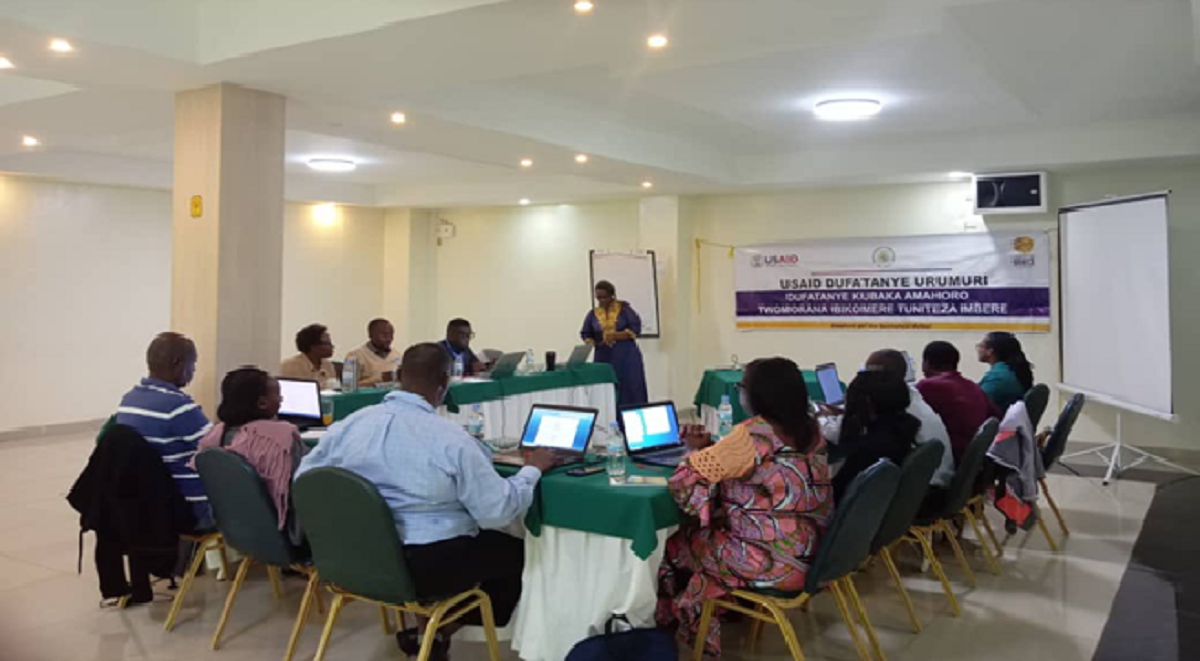
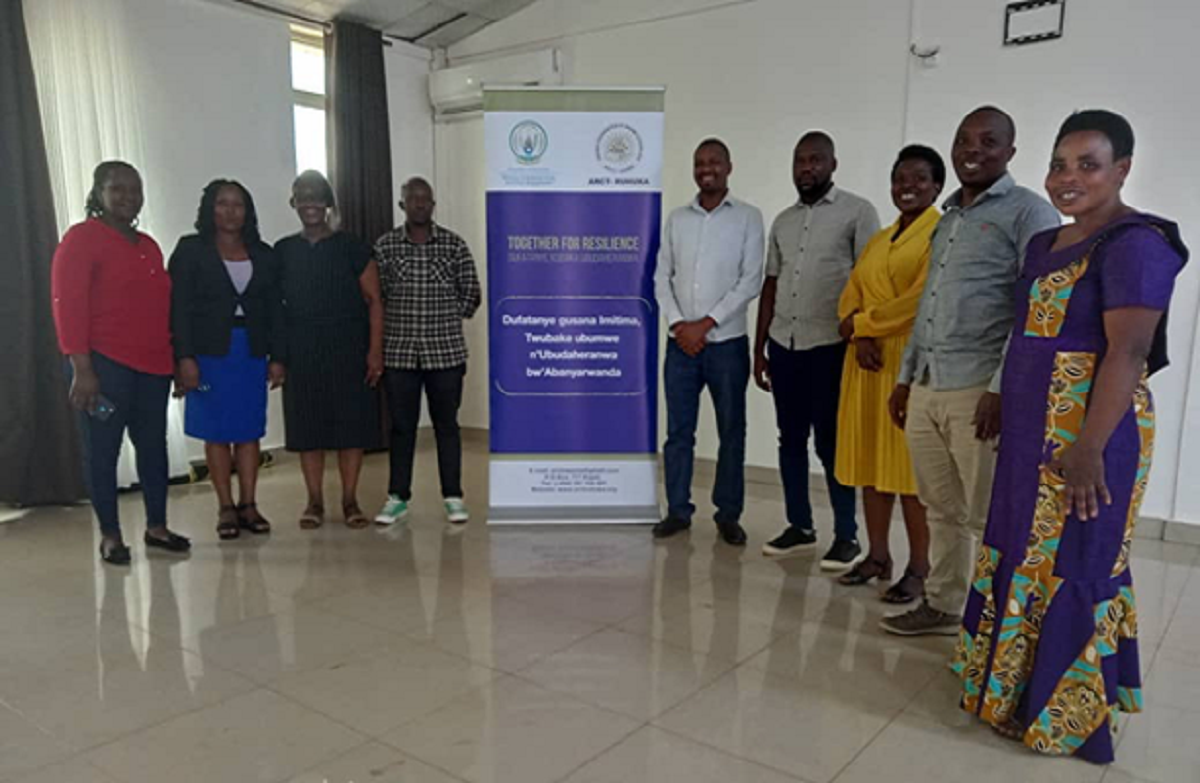
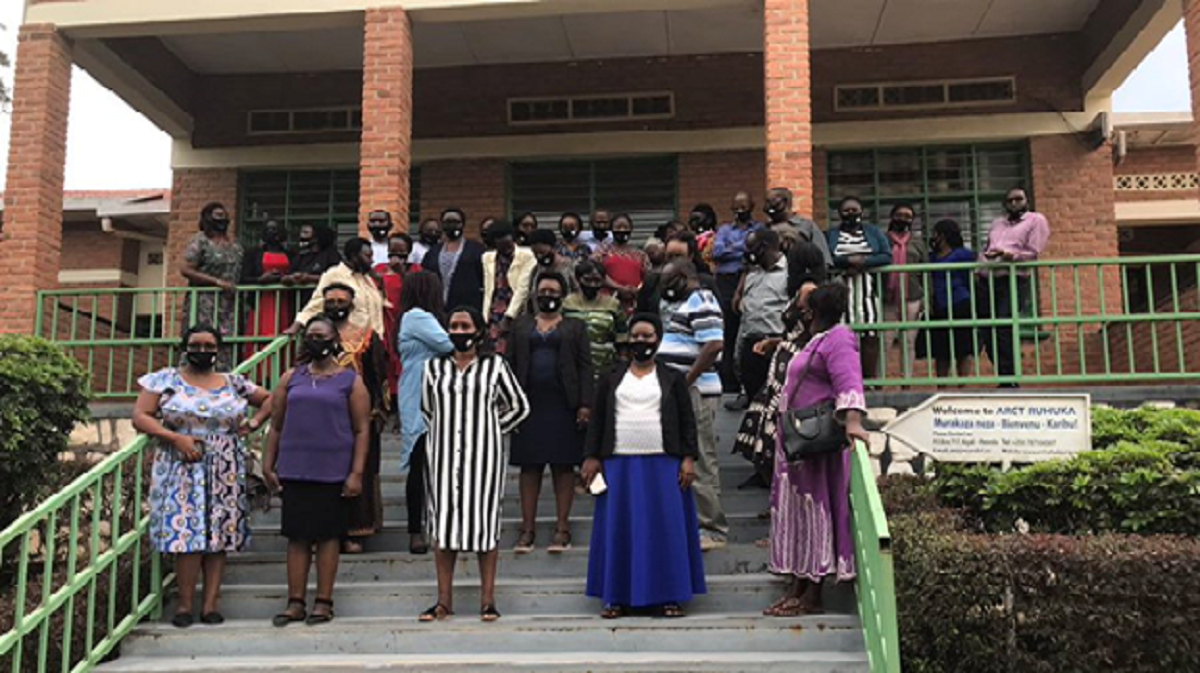
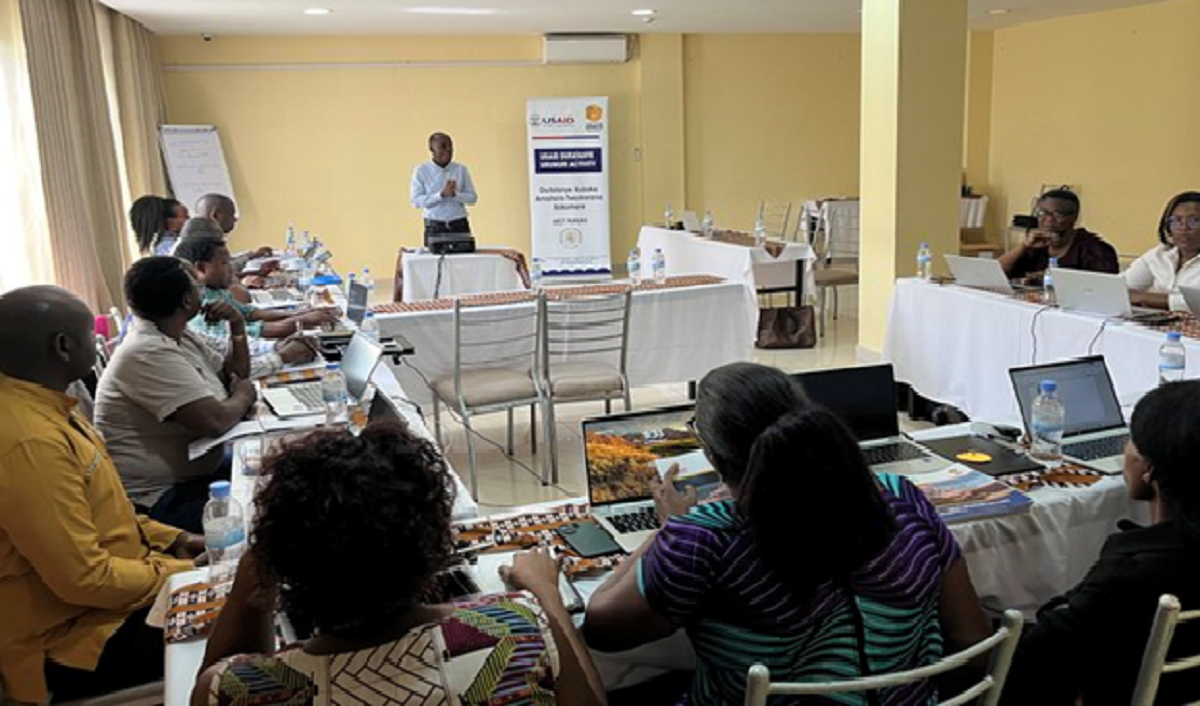
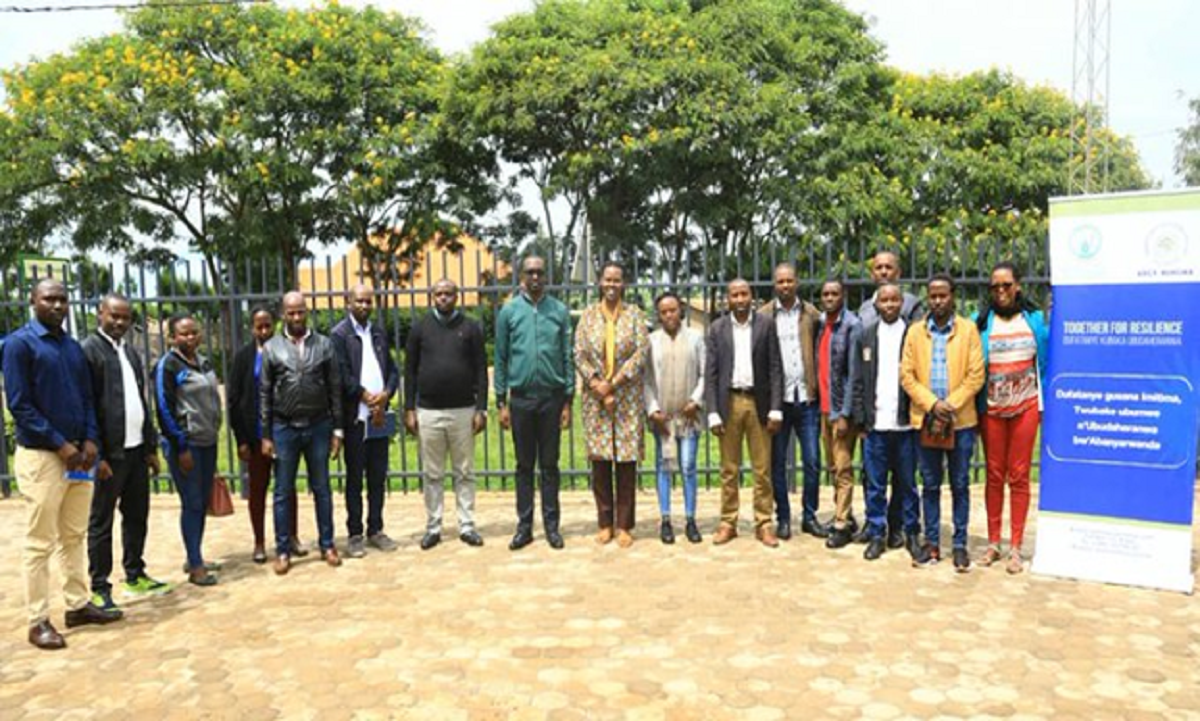
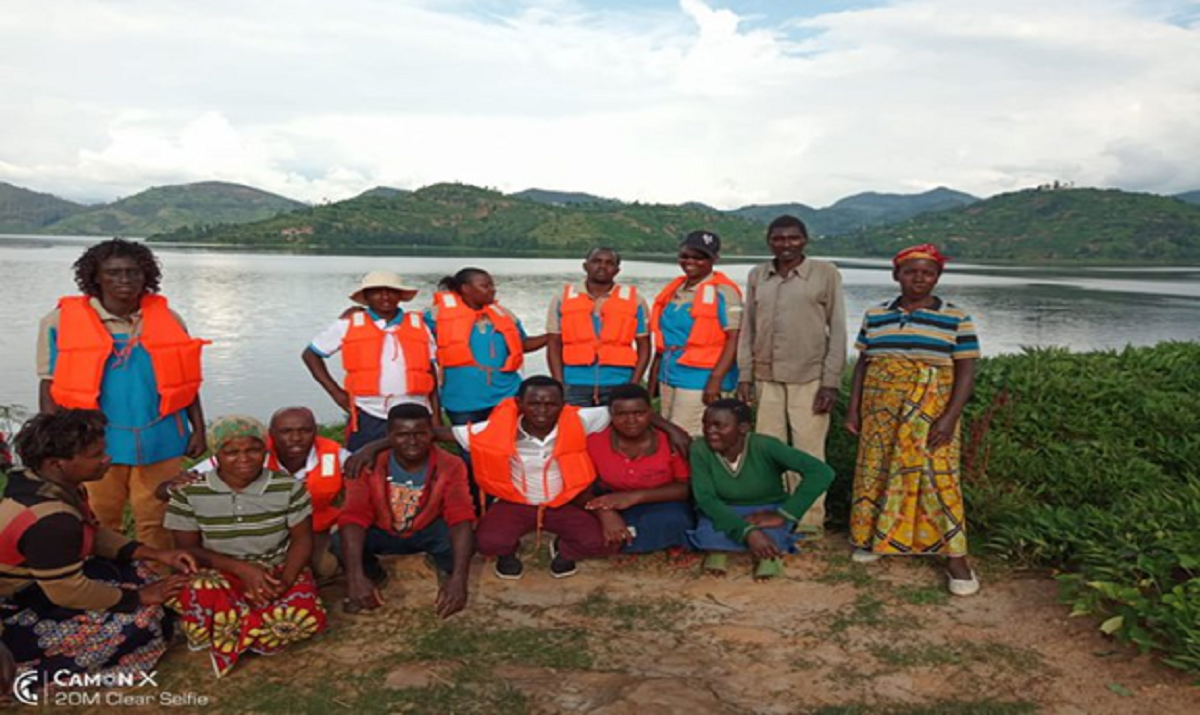
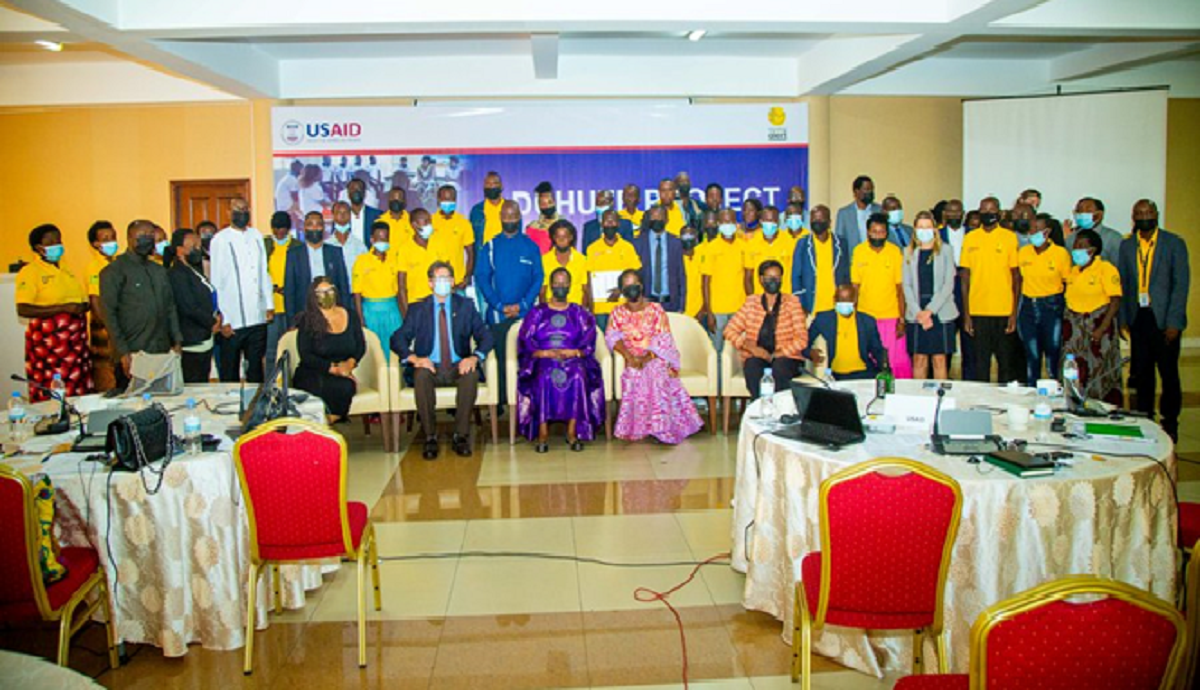
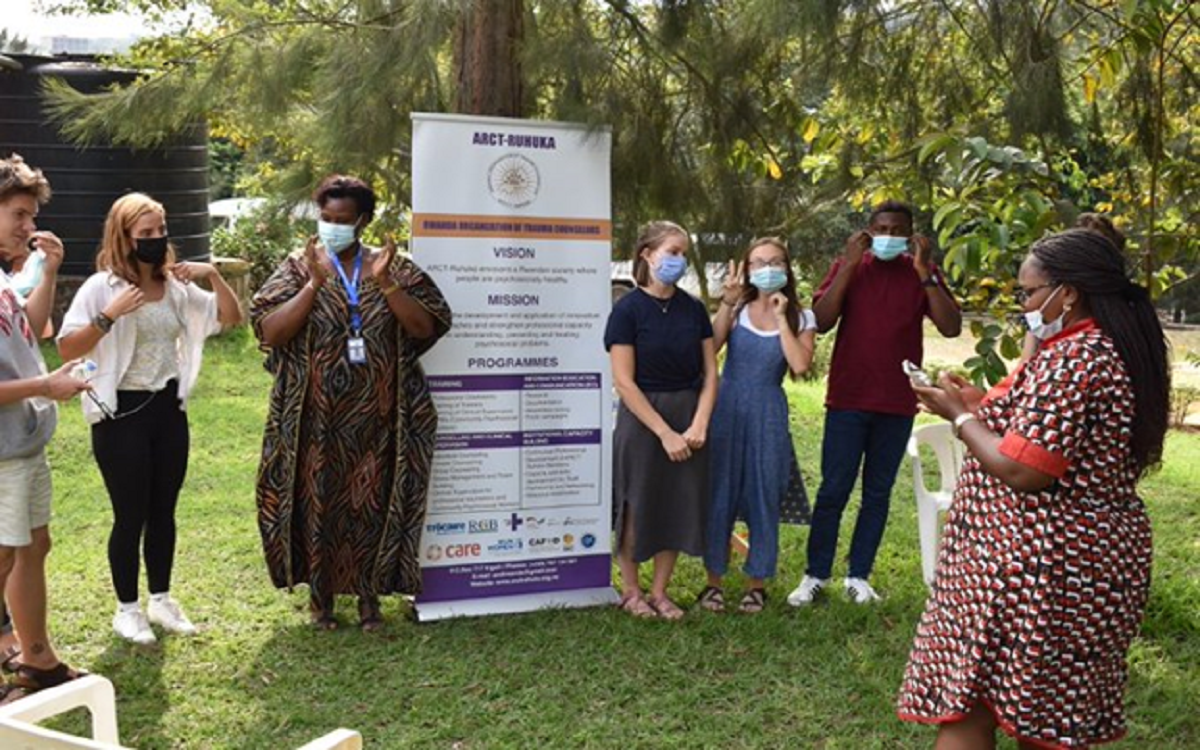
Solidarity and Selfless Activities Among Therapy Group Members
